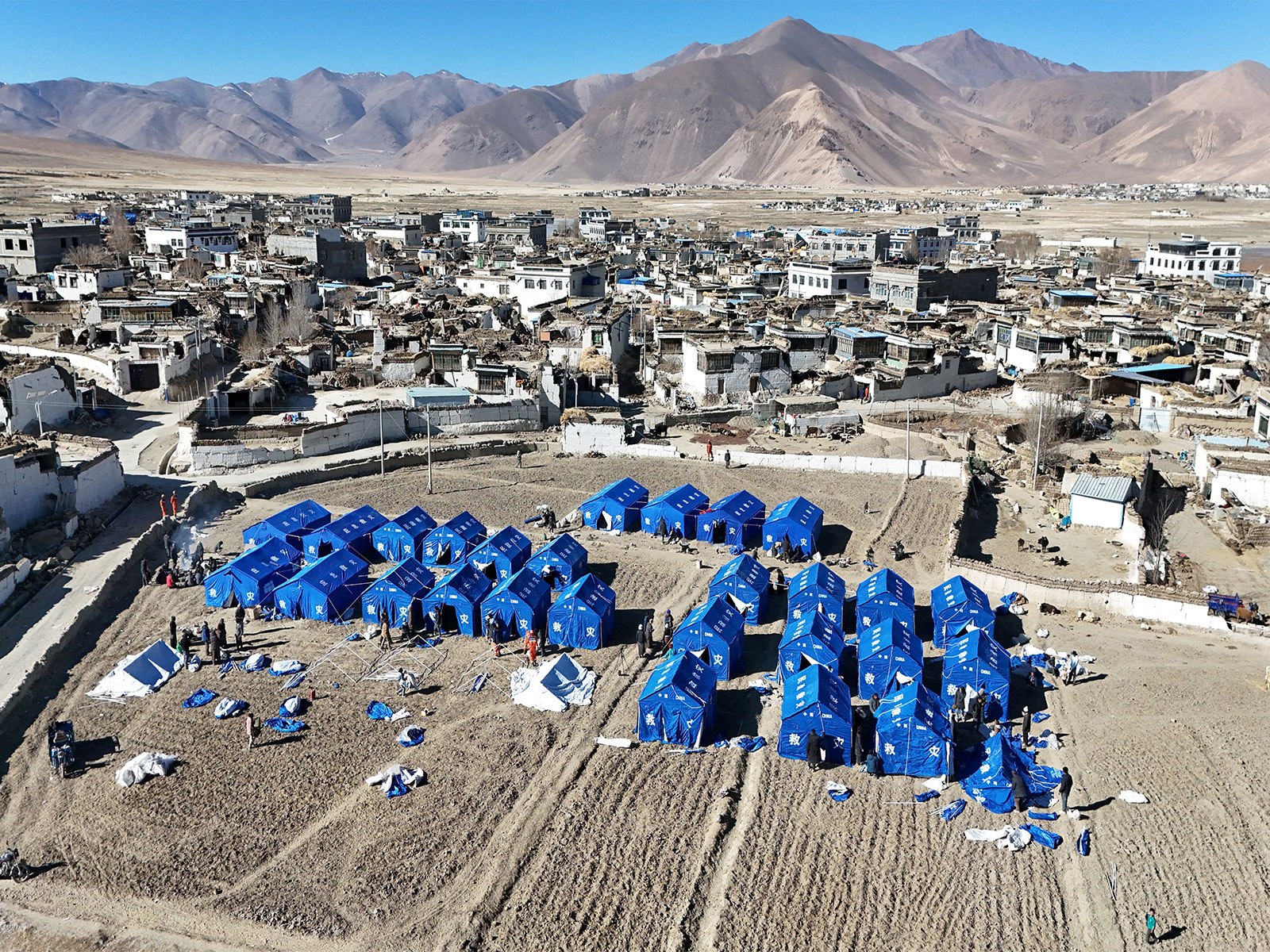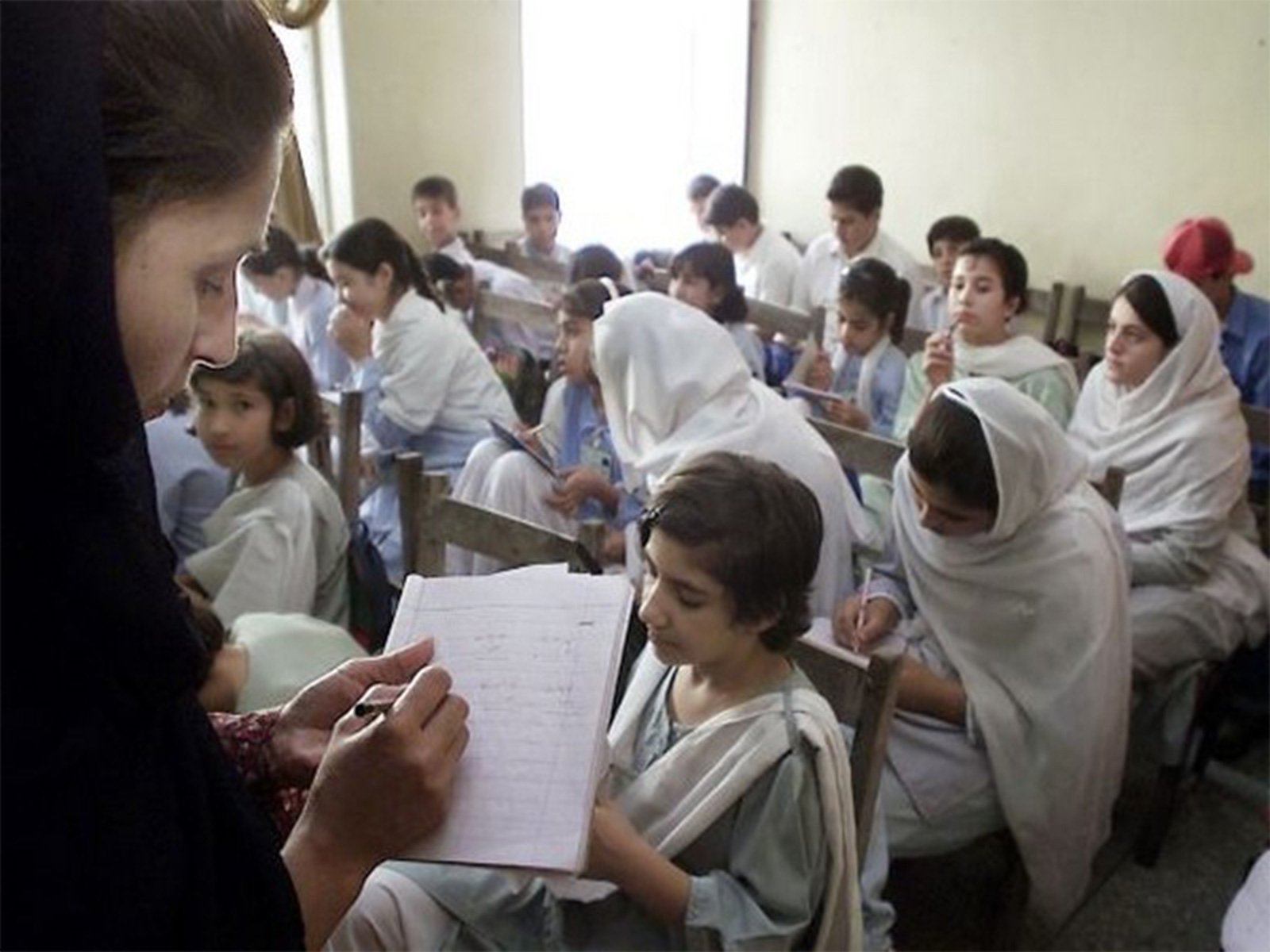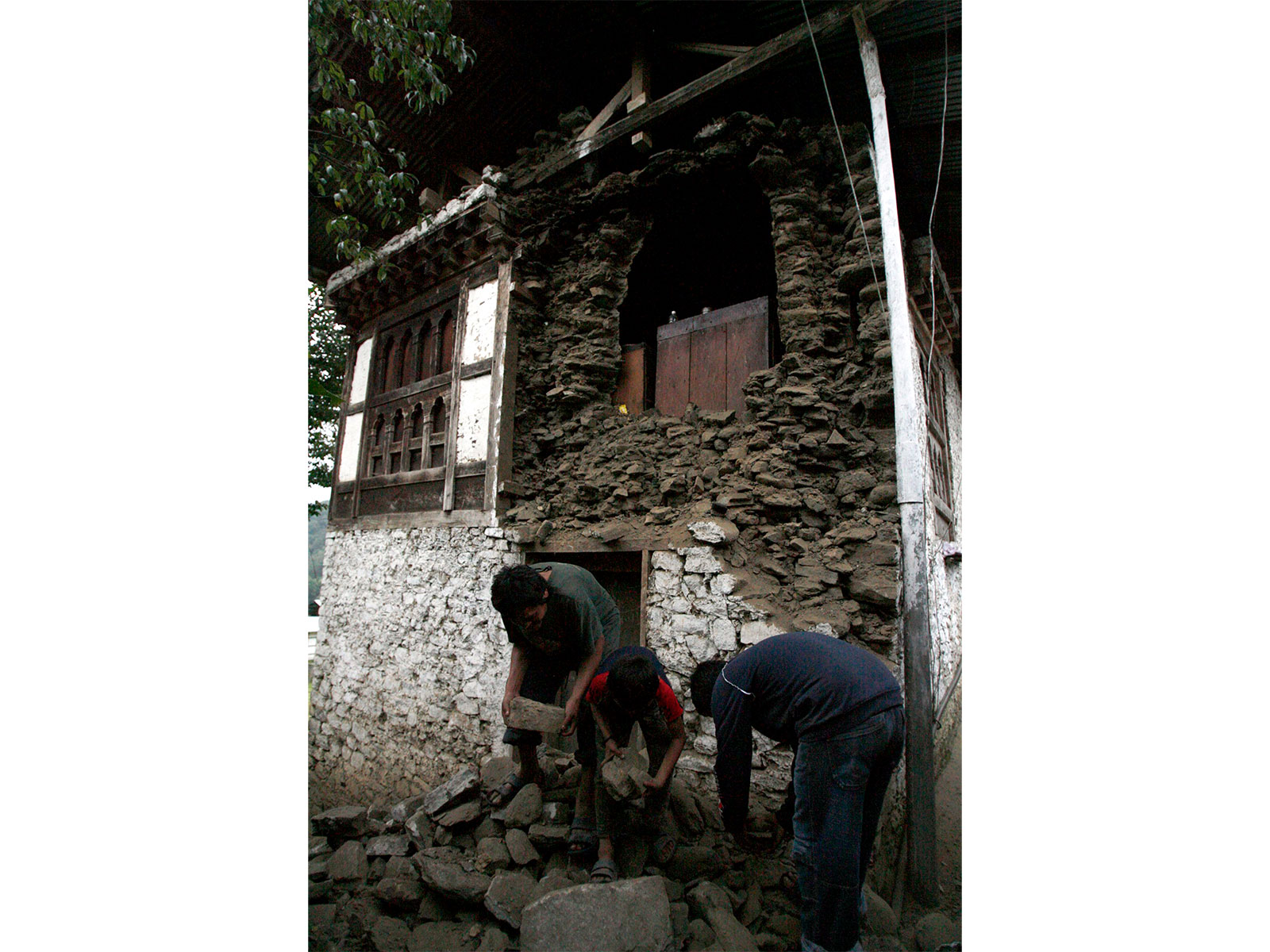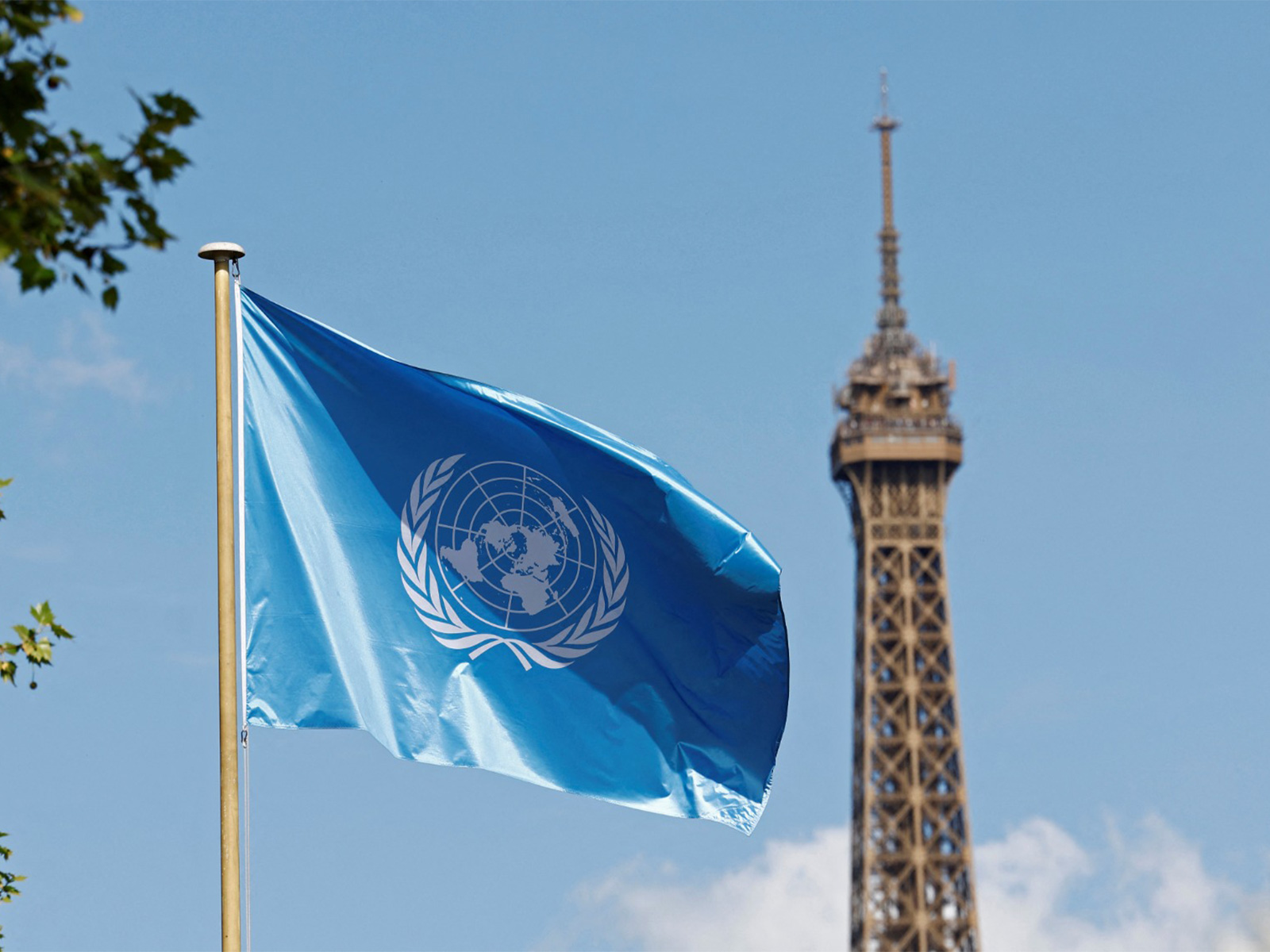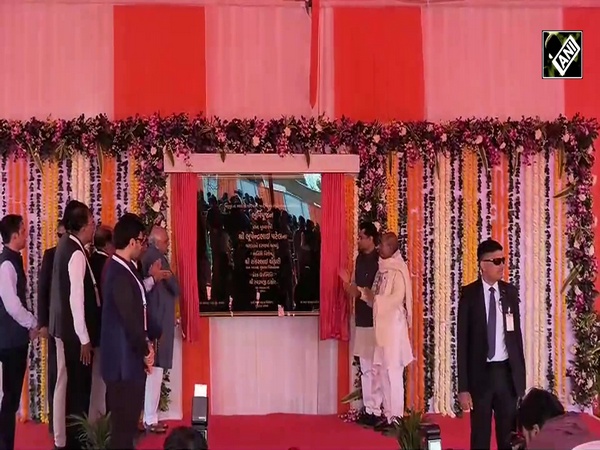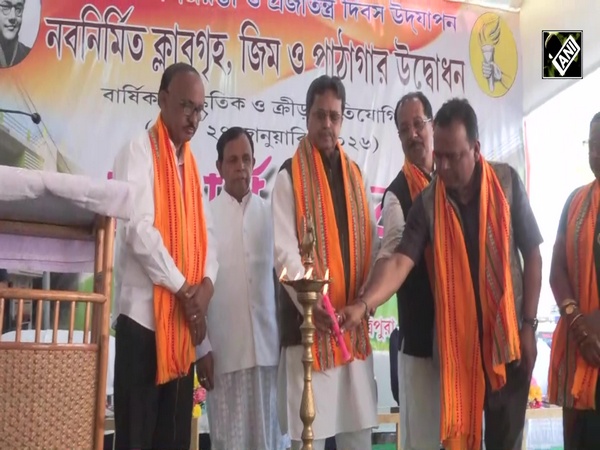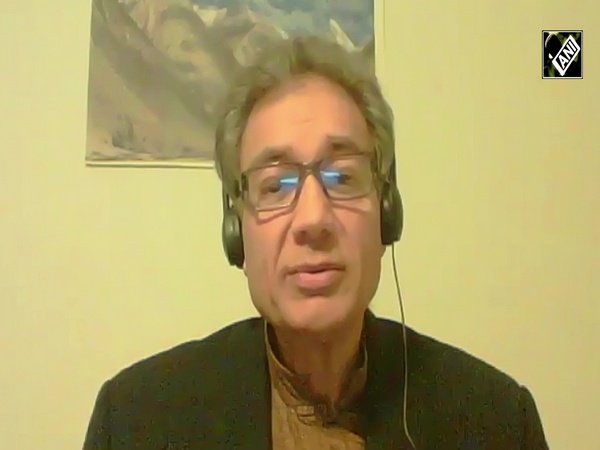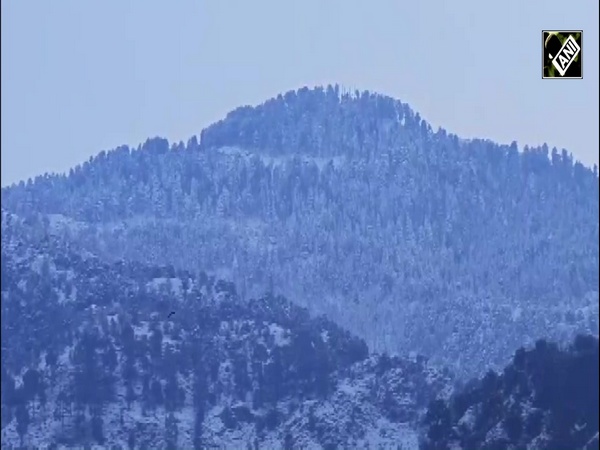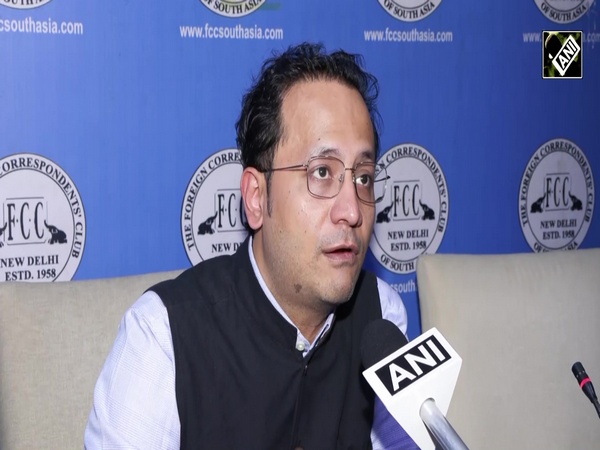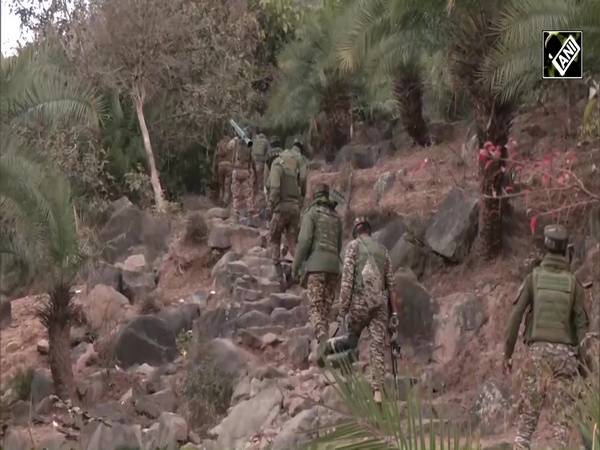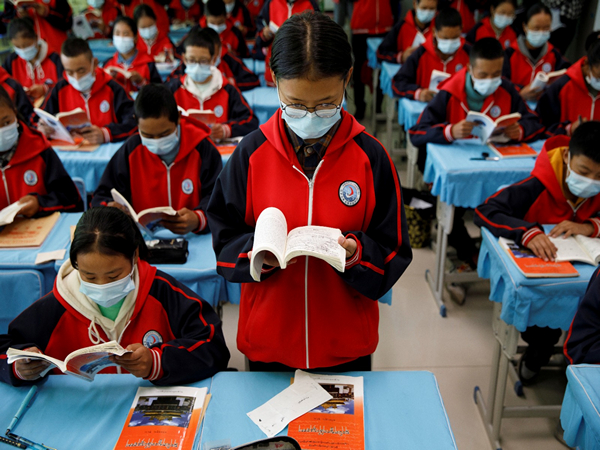
China to drop Tibetan as core subject in university entrance exams, sparking fears of cultural erasure
Aug 09, 2025
Beijing [China], August 9 : Beijing's push to intensify Sinicization across the Tibetan Plateau has taken a significant step forward, with the Communist Party of China's top Tibetan leader announcing that the Tibetan language will no longer be a core subject in the region's national college entrance examination for most students, Tibetan Review reported on August 7, citing the Financial Times.
Gama Cedain, chairman of the Tibet Autonomous Region (TAR) government and the region's deputy party secretary, told a press briefing in Beijing this week that the decision was part of reforms to the gaokao, China's highly competitive national examination, and would, in his words, "improve Tibetans' career prospects." The announcement comes amid President Xi Jinping's Han-centric assimilation policies, which exile Tibetans and rights groups see as an attempt to erase the region's linguistic and cultural identity, Tibetan Review noted.
Under the new system, "Tibet, like other provinces and regions," will have "unified exam subjects" such as Chinese, mathematics, and foreign languages, including English, Russian, Japanese, French, German, and Spanish. Tibetan will only be available as an optional subject for students applying to specialised fields like Tibetan literature, meaning only a small fraction of Tibetan students will take it, Tibetan Review said, citing local officials.
Gama Cedain framed the change as a move to ensure "fairer access to high-quality education" for all ethnic groups in TAR, most of whom are Han Chinese. But critics argue that this framing masks the deeper objective of weakening Tibetan language education.
"Once you no longer have the Tibetan language in your entry exam, it no longer is a legal means of communication or useful to seek a profession or get a job," Dawa Tsering, director of the Dharamshala-based Tibet Policy Institute, told Tibetan Review.
The publication recalled that similar rhetoric was used by Zhou Yongkang, the former State Security chief, when he oversaw Sinicisation measures in Sichuan's historically Tibetan areas between 2000 and 2002.
According to the Tibetan Review, TAR began education reforms in 2024, and officials in six Tibetan prefectures have indicated the new exam rules will be implemented in 2026. The changes have reportedly been communicated verbally to teachers and students over recent months.
UN human rights experts have repeatedly warned Beijing against policies that undermine the linguistic and religious heritage of Tibetans. Nevertheless, Tibetan Review stressed that under Xi, the CPC has escalated assimilationist policies toward ethnic minorities, framing them as "modernisation" while narrowing the space for cultural preservation.
The August 5 press conference, organised by the State Council Information Office in Beijing, was intended to highlight six decades of socioeconomic development in TAR. Instead, it underscored Beijing's determination to align Tibetan education and identity ever closer to the Han Chinese mainstream.
